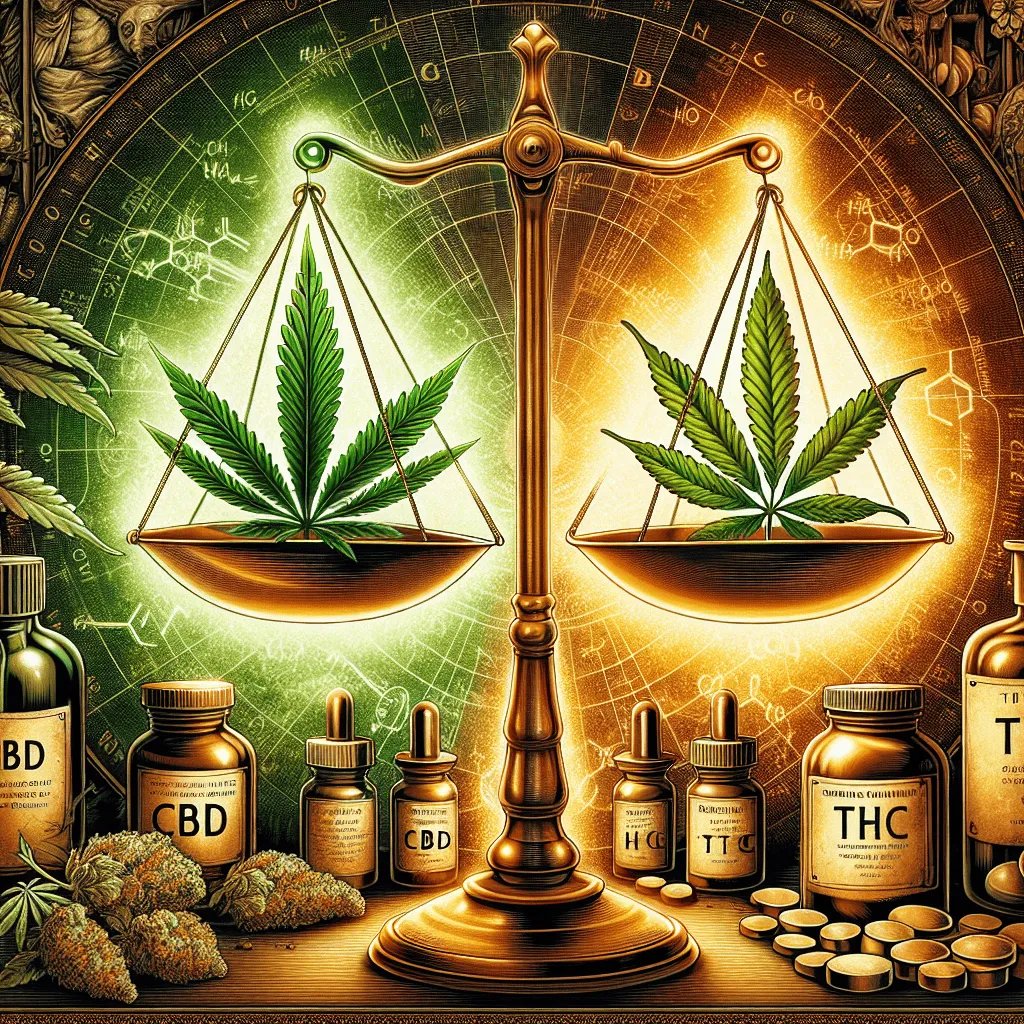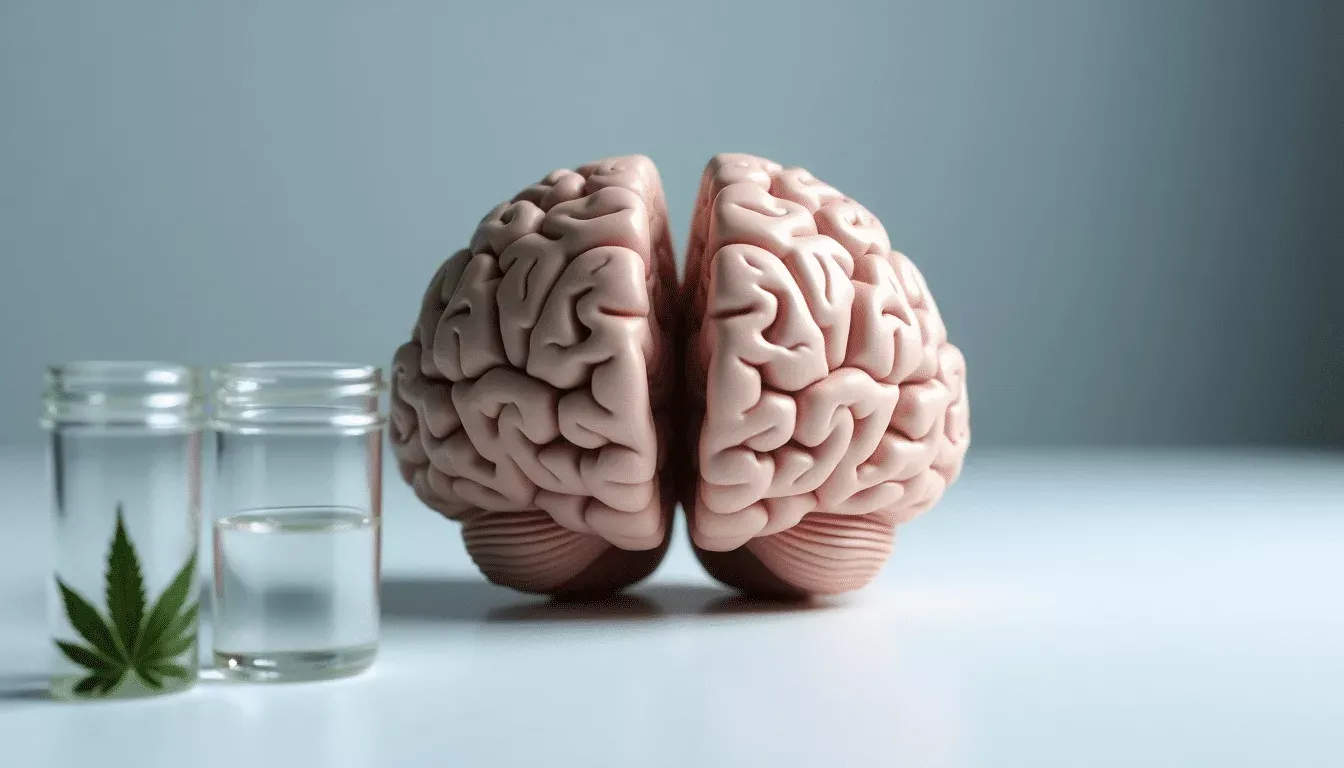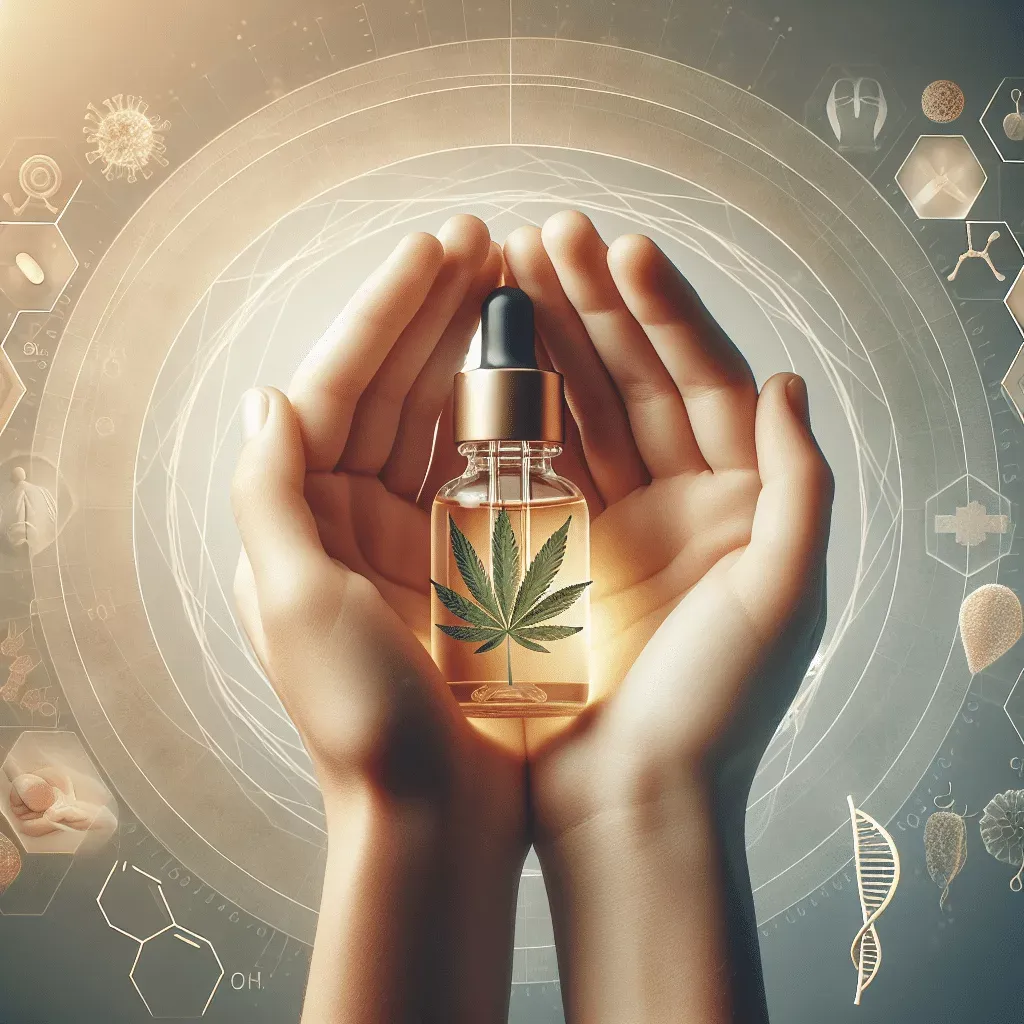CBD vs. THC: Which Is Better for Medical Use?
In recent years, the conversation surrounding cannabis has shifted from mere recreational use to its potential in medical treatment. Two of the most discussed compounds from the cannabis plant are cannabidiol (CBD) and tetrahydrocannabinol (THC). These compounds promise a range of health benefits, sparking interest among both the public and the medical community. In this article, we delve into the differences between CBD and THC, explore their potential medical benefits, and offer guidance on their use.
What Are CBD and THC?
CBD and THC are both cannabinoids, which are chemical compounds naturally found in cannabis plants. Despite originating from the same plant, they have very distinct effects on the human body.
CBD (Cannabidiol) is primarily derived from hemp, a type of cannabis plant that contains very little THC. It is non-psychoactive, meaning it doesn’t produce the “high” associated with cannabis. This lack of psychoactive effects makes CBD particularly appealing for those who seek relief from pain or other symptoms without the mind-altering effects of marijuana.
THC (Tetrahydrocannabinol), on the other hand, is the main psychoactive component found in cannabis. It binds with receptors in the brain to create the sensation of being “high.” Despite its reputation, THC also offers potential medical benefits that shouldn’t be overlooked.
Medical Benefits and Risks of CBD and THC
Both CBD and THC have been studied for their potential in treating a range of medical conditions, from chronic pain to mental health disorders.
Potential Benefits of CBD:
- Pain Relief: CBD is widely recognized for its analgesic properties. Studies suggest that it may help reduce chronic pain by influencing endocannabinoid receptor activity, reducing inflammation, and interacting with neurotransmitters.
- Anxiety and Depression: CBD has shown promise as a treatment for both anxiety and depression, avoiding many of the side effects associated with pharmaceutical drugs.
- Anti-inflammatory Effects: CBD’s impact on reducing inflammation makes it a potential treatment option for conditions like arthritis and multiple sclerosis.
Potential Risks of CBD:
While generally considered safe, CBD can cause side effects such as fatigue, diarrhea, and changes in appetite and weight. It’s important for users to consult with a healthcare provider, especially when taking other medications.
Potential Benefits of THC:
- Appetite Stimulation: THC is widely used in medical settings to stimulate appetite in patients dealing with conditions like AIDS and cancer, which often lead to loss of appetite.
- Chronic Pain Relief: THC’s ability to alleviate pain makes it a popular choice for patients with pain conditions that have not responded to other medications.
- Mental Health Disorders: In some cases, low doses of THC have been used to aid with anxiety and PTSD, though it requires careful handling due to its psychoactive nature.
Potential Risks of THC:
As a psychoactive compound, THC can cause temporary side effects such as memory impairment, feelings of anxiety, paranoia, and increased heart rate. Long-term, excessive use might lead to addiction.
Practical Tips for Using CBD and THC
For those considering CBD or THC for medical use, here are some practical tips to ensure safe and effective usage:
1. Consult Healthcare Professionals: Before starting any cannabis-based treatment, it is crucial to speak with a healthcare provider to discuss potential interactions with other medications you might be taking.
2. Start with Low Dosages: It is advisable to start with a low dose and gradually increase it as needed, monitoring your response to the product.
3. Choose the Right Product: There are various forms of CBD and THC products available, including oils, edibles, tinctures, and topicals. Determine the best form based on your specific needs and lifestyle.
4. Be Aware of Legal Implications: Laws around CBD and THC vary significantly across regions. It’s important to be informed about local regulations to ensure compliance.
5. Monitor and Adapt: As with any treatment, monitoring how you feel and adjusting dosage or product type as necessary is key to optimizing benefits while minimizing risks.
Conclusion: Weighing the Pros and Cons
In conclusion, while CBD and THC share many similarities, they offer distinct benefits and come with their own sets of risks. CBD is a viable option for those who seek medical benefits without psychoactive effects, and THC may be more appealing for managing pain and appetite-related disorders. As the stigma around cannabis continues to fade, further research will likely unveil more about the therapeutic potential of these intriguing compounds.
We encourage those interested in learning more to explore related articles and consider sharing their thoughts or experiences in the comments section below. As always, it’s important to approach cannabis use with informed caution and open communication with healthcare professionals.
FAQ: CBD vs THC for Medical Use
What is the main difference between CBD and THC in medical use?
CBD (cannabidiol) is non-psychoactive and primarily used for its anti-inflammatory, analgesic, and anti-anxiety properties. THC (tetrahydrocannabinol), on the other hand, is psychoactive and used for pain relief, appetite stimulation, and nausea reduction.
Can CBD and THC be used together for medical treatment?
Yes, CBD and THC can be used together. They may work synergistically to enhance therapeutic effects through the “entourage effect,” where multiple cannabinoids and terpenes work together.
Are there any side effects to using CBD or THC for medical purposes?
CBD is generally well-tolerated with mild side effects like fatigue or dry mouth, while THC may cause psychoactive effects, increased heart rate, dry mouth, and short-term memory issues.
Is one better than the other for pain management?
It depends on the type of pain. THC might be more effective for neuropathic and chronic pain, while CBD may be preferred for inflammatory pain without the psychoactive effects of THC.
Do CBD and THC require a prescription for medical use?
In many places, a prescription or medical card is required to use THC for medical purposes. CBD’s legality varies, often without a prescription, but it’s important to check local laws and regulations.
Share this content:



